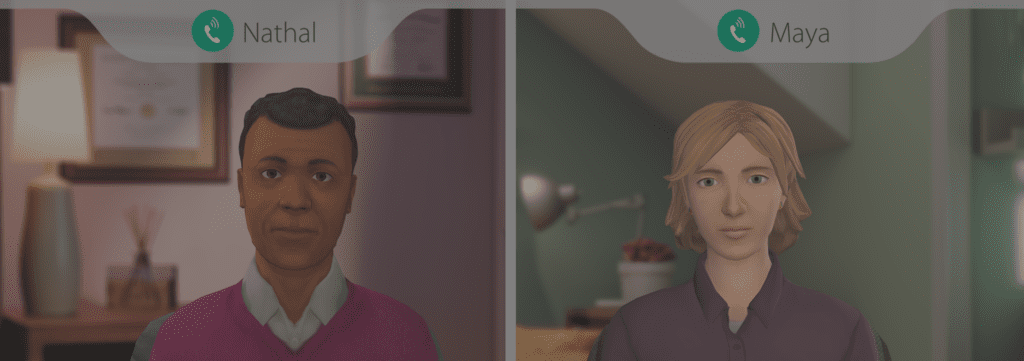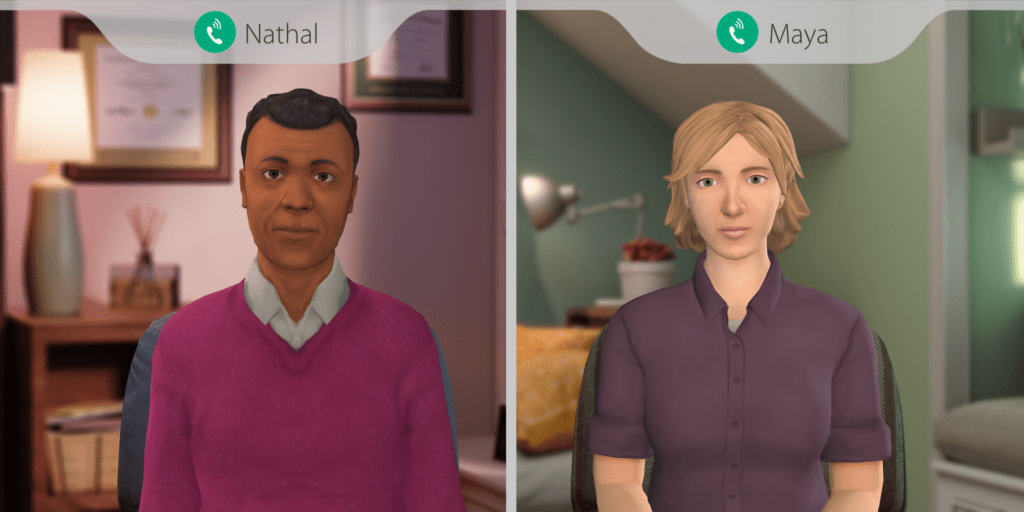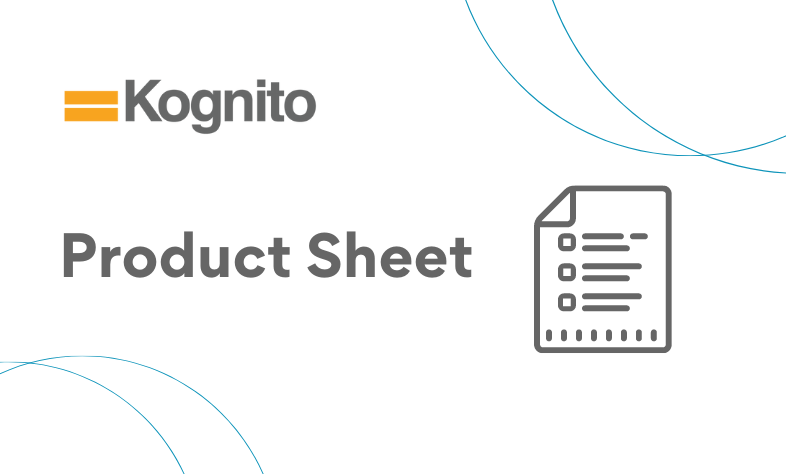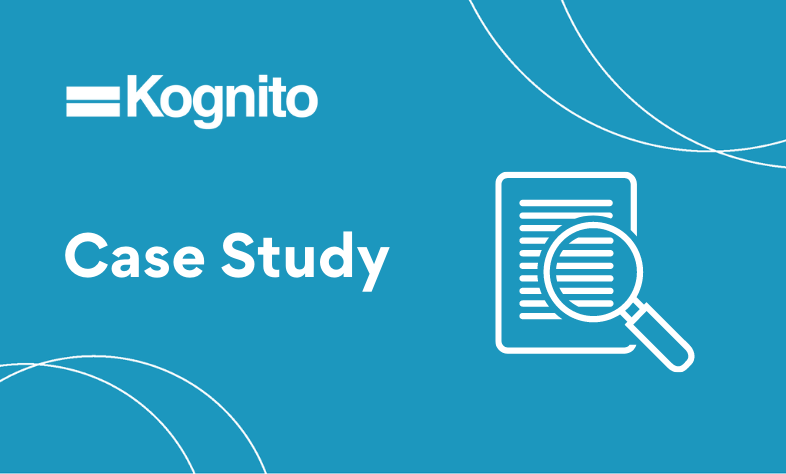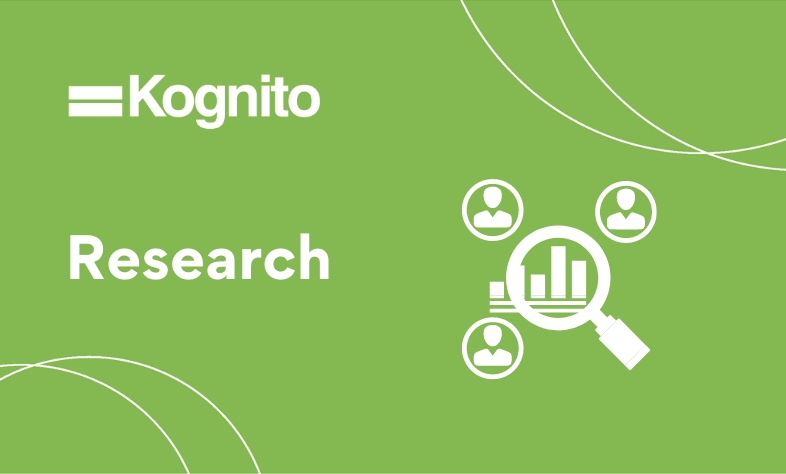Overview
Widely adopted by more than 350 universities and colleges nationally, this research-proven online solution cost-effectively drives sustainable changed in behaviors that support academic performance, student retention, and campus safety. Faculty and staff are in an ideal position to engage in early intervention and prevention of mental health issues. National studies show 30% of all college students report feeling so depressed it's difficult for them to function and 7% indicate they seriously considered suicide in the previous 12 months.
At-Risk Mental Health for Faculty & Staff allows users to learn about psychological distress, how it impacts college students, and what they can do when they're concerned about a student. The user assumes the role of a faculty member and talks with three virtual students who are showing signs of distress. Users practice bringing up their concerns and what they've noticed, and if necessary, make a referral to support services. Users have access to customized national, local, and school-specific resources in addition to simulation content.
The goal of At-Risk Mental Health for Faculty & Staff is to harness the power of conversation to improve academic performance, student retention, and campus safety.
Learning objectives:
- Increase the knowledge and awareness about mental health and suicide
- Identify warning signs of psychological distress, including verbal, behavioral, and situational clues
- Lead conversations with students to discuss concerns, build resilience, and increase connectedness
- Assess the need for referral, motivate the student to seek help, and make a warm hand-off to support
- Understand the school's specific process for student referral and counseling services
This simulation has been accepted for review by SAMHSA's National Registry of Evidence-Based Programs and Practices (NREPP). Studies show that it results in (1) statistically significant increases in mental health skills that remain significant at 3, 6, and 12-month follow-up points, and (2) statistically significant increases in the number of students that educators connect with, discuss concerns, and if necessary, refer to support.
A longitudinal study with over 10,000 faculty and staff across 163 institutions showed:
- Statistically significant increases in participants' mental health skills (p<0.05)
- A 49% average increase in the number of students that participants approached and discussed a referral to support services within the three months following the simulation
- 98% rated the simulation as good, very good, or excellent
- 98% would recommend it to their colleagues
- 95% said it was based on scenarios relevant to their work with students
Users receive customized feedback based on their in-simulation choices.
The simulation is available online 24/7. Users are asked to complete pre-, post-, and 3-month follow up surveys to assess changes in skills. Attitudes, and behavior. Upon completion, users receive a certificate of completion. Clients have access to usage reports and evaluation data via the Kognito client portal.

Download the Higher Ed Catalog
View our full catalog of simulations created to improve higher education communities.
